Digital Lighthouse Platform: Understanding the Misinformation Phenomenon on WhatsApp
Presentation video: https://youtu.be/CYwCF0cyXrI
Abstract
In the past few years, the large-scale dissemination of misinformation through social media has become a critical issue, harming the trustworthiness of legit information, social stability, democracy and public health. In many developing countries such as Brazil, India, and Mexico, one of the primary sources of misinformation is the messaging application WhatsApp. In February 2020, the Panorama Mobile Time/Opinion Box survey on mobile messaging in Brazil revealed that WhatsApp was installed on 99% of Brazilian smartphones. Among users of the application, 98% said they access it every day or almost every day. In this context, WhatsApp provides an important feature: the public groups. Many of these groups have been used to spread misinformation, especially as part of articulated political or ideological campaigns. Despite this scenario, due to WhatsApp’s private messaging nature, few methods were explicitly developed to investigate the misinformation phenomenon on this platform. This tutorial provides an overview of recent developments in the monitoring of misinformation spreading, automatic misinformation detection, besides the identification of bots and misinformation spreaders. In addition, we provide an overview of the leading open problems associated with the misinformation phenomenon and briefly examine some of the existing solutions. We hope that our tutorial can help researchers better understand Brazil’s misinformation propagation and use data science methods to face this critical phenomenon.
Speakers
- Prof. Jose Maria da Silva Monteiro Filho (UFC)
- Ivandro Claudino de Sa
- Lucas Cabral Carneiro da Cunha
- Prof. Helena Martins do Rego Barreto (UFC)
- Pedro Jorge Chaves Mourao
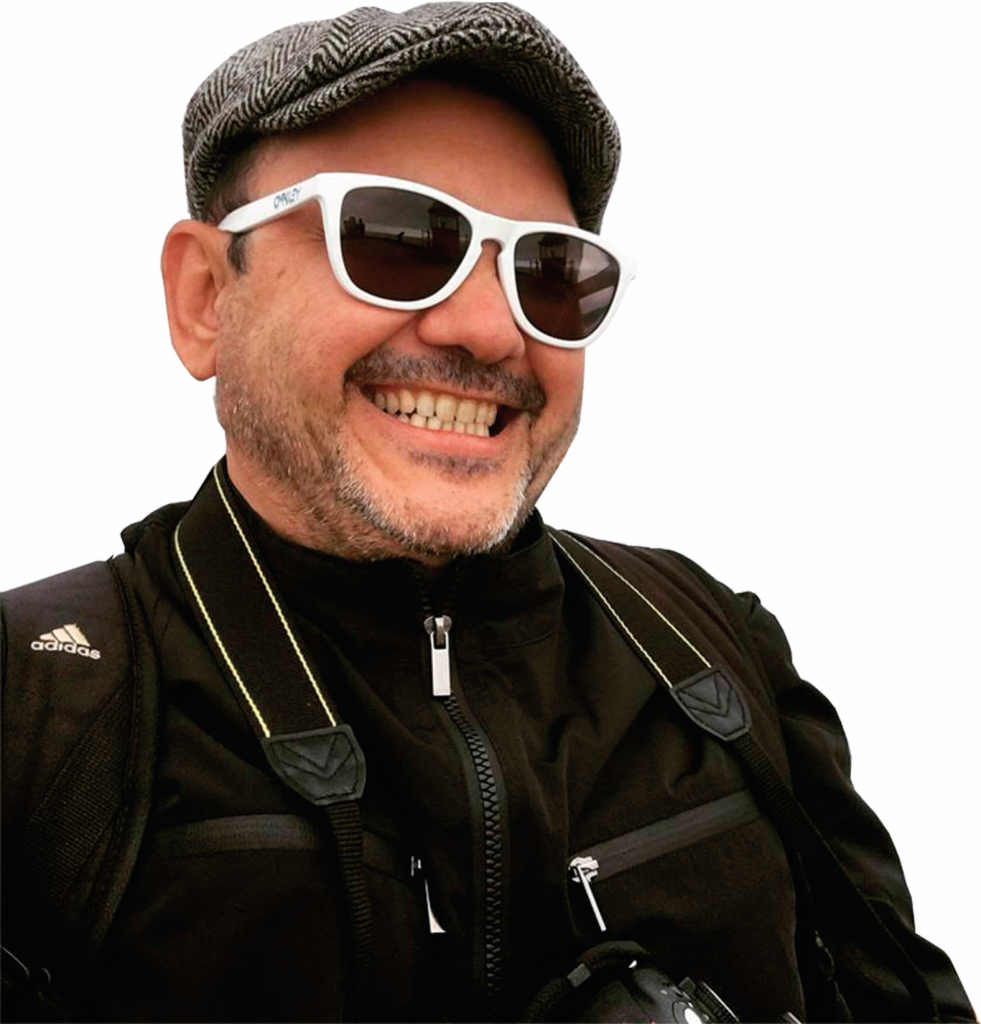
Jose Maria da Silva Monteiro Filho: Master in Computer Science from the Federal University of Ceara (UFC), Brazil, in 2001. In 2008 he received the PhD degree from the Pontifical Catholic University of Rio de Janeiro (PUC-Rio), Brazil. He has been with the Federal University of Ceara (UFC) since 2010 as full professor and researcher at ARIDA (Advanced Research In DAtabase) research group. He has published more than 50 papers on international journals and conference proceedings and has coordinated several research and development projects. His current research interests include Data Science, Big Data and misinformation.
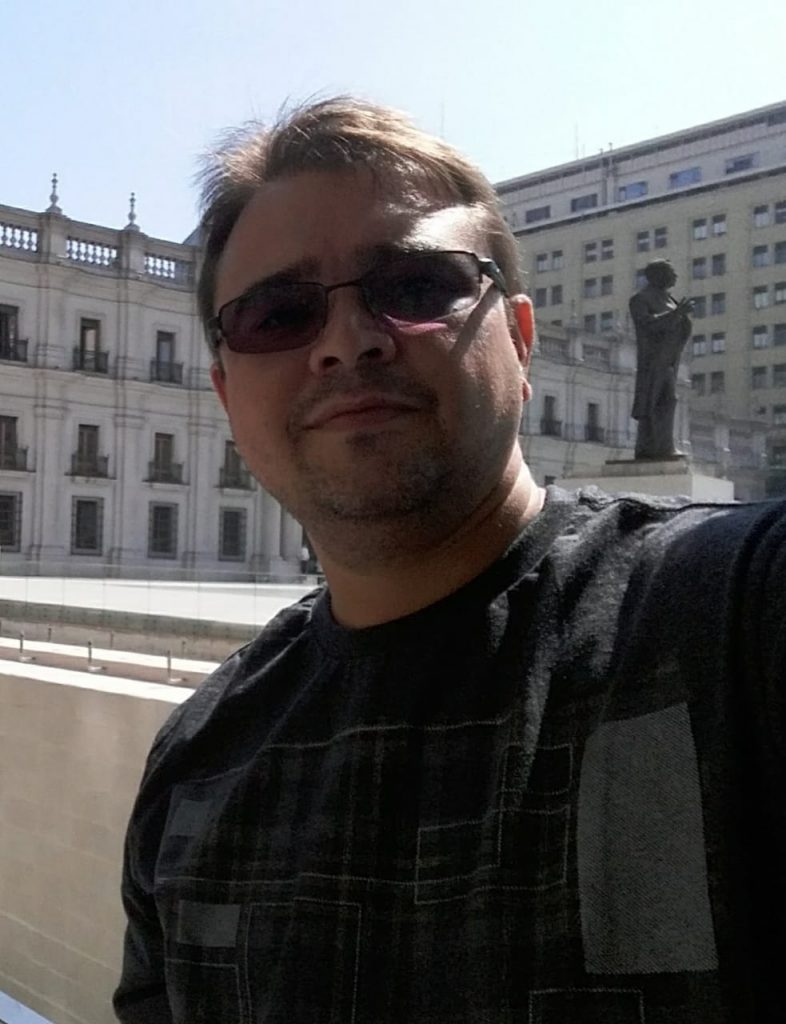
Ivandro Claudino de Sa: Computer Science Master and Ph.D. student at the Federal University of Ceara, Brazil. Has experience as a senior systems analyst working on several software projects as a developer, devops and architect. Participates in research projects on Health, the Environment and Work, and Disinformation on Social Media. Interested in information systems, data mining, data engineering and big data. Collaborates with social organizations, seeking to promote the democratization of information technologies.
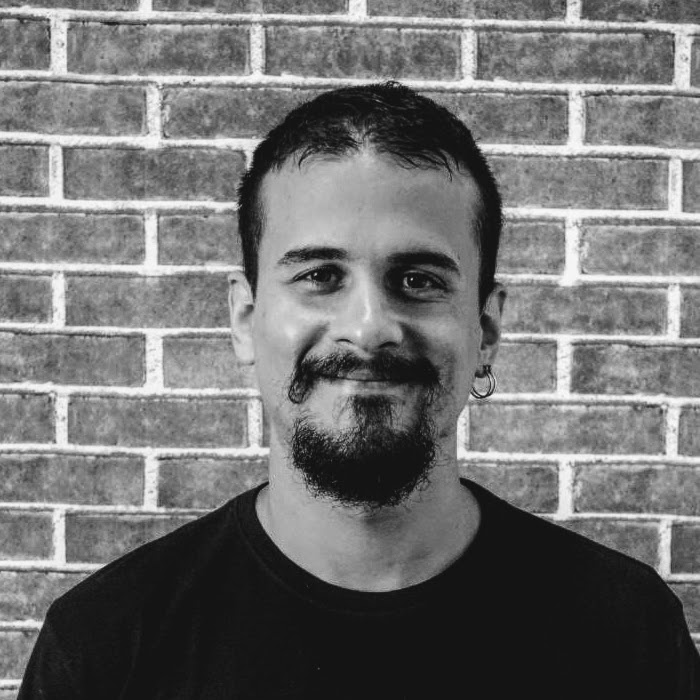
Lucas Cabral Carneiro da Cunha: Graduated in Computer Engineering from the Federal University of Ceara with Magna Cum Laude distinction. Master’s student in Computer Science at the Federal University of Ceara. Has experience in the areas of Pattern Recognition, Machine Learning, Natural Language Processing and Digital Signal Processing.
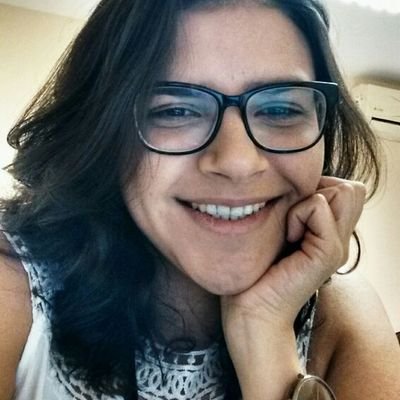
Helena Martins do Rego Barreto: PhD in Social Communication from the Universidade de Brasília (UnB, 2018), with a period at ISEG/Lisbon School of Economics & Management (Iseg) of the Universidade de Lisboa. She is a professor of Social Communication-Advertising and Propaganda at Universidade Federal do Ceara (UFC) and at UFC’s Graduate Program in Communication. She is editor of EPTIC Journal. Coordinator of Telas – Research Laboratory in Economics, Technology and Communication Policies. Researcher at the Clacso Political Economy of Information, Communication and Culture Working Group.
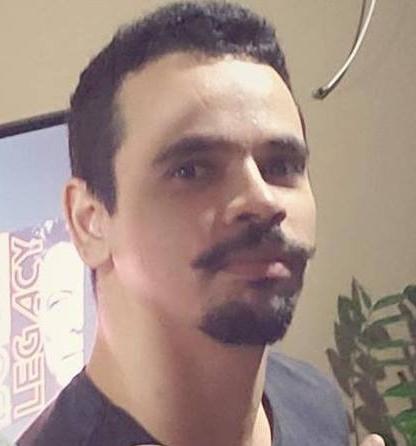
Pedro Jorge Chaves Mourao: Graduated in Social Sciences from the State University of Ceara. Master in Sociology from the Federal University of Ceara. PhD’s student in Sociology at the State University of Ceara, where she studies the application of computational techniques for research in the Social Sciences and Public Policy. Has experience in the field of Political Anthropology, Scientific Methodology and Computational Social Sciences.
